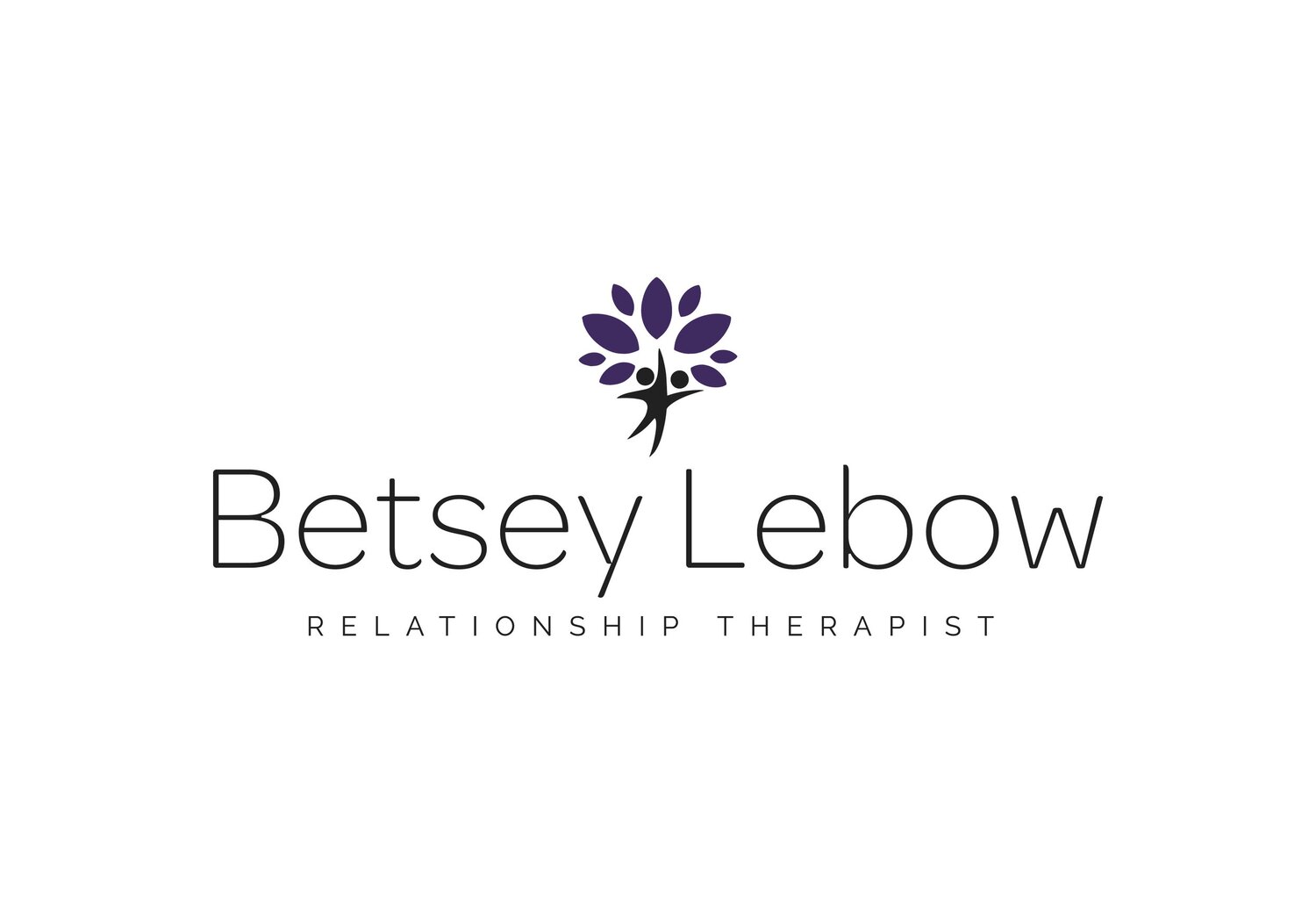HOW MUCH ENERGY?
/Desiderata blog 2
“As far as possible, without surrender, be on good terms with all persons.”
How much energy does it take to be on good terms with all persons? At first glance, it may seem like way too much. But let’s break it down. 'Good terms' doesn’t mean you’re best friends with everybody. The quote means to me that it’s a good idea to do our best to get along with others as long as we don’t compromise too much or surrender our SELF in the meantime. Sounds reasonable.
Sometimes, however, in order to be on “good terms” with someone, it’s necessary to let go of a lot of things that anger and annoy you...and just breathe. That gives us a moment to pause until we can change the scenery and protect ourselves. Sometimes what we come up with is “I’ve got to go," or “I have something I need to do." It works. No need for drama. Terms are still good but we haven’t given up too much. Oh, and let's not forget that we have no CONTROL over how the other person reacts or responds. So, accordingly, let's not spend too much time trying to.
Other times we can open our hearts completely and surrender (a different kind of surrender!) all our defenses because that special someone is just so safe. That kind of safety cannot be with 'all persons.' We are lucky if we find one or a few precious people in a lifetime with whom we can completely be ourselves. Embrace those ones!
Most relationships with people fall somewhere in-between unsafe and (good) surrender-worthy. Around them, we generally feel ok and it doesn’t take much energy to be on good terms. Phew!
If the quote above is not in your daily practice, how much of your energy are you spending NOT being on good terms with others?

